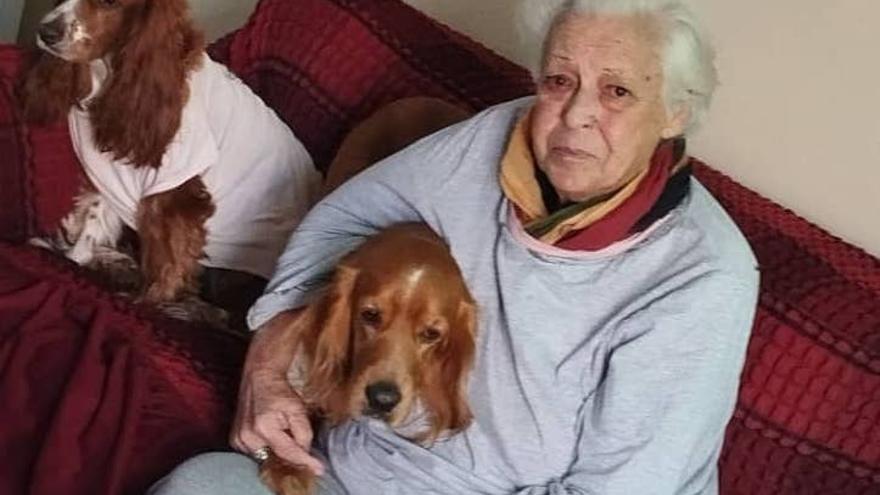
![]() 14ymedio, Madrid, February 5, 2024 — The poet and journalist Tania Díaz Castro passed away this Sunday in Havana, at the age of 84, according to Periódico Cubano, which does not specify the cause. The independent newspaper CubaNet, where she has worked since 1998, does not offer more details about the circumstances of her death.
14ymedio, Madrid, February 5, 2024 — The poet and journalist Tania Díaz Castro passed away this Sunday in Havana, at the age of 84, according to Periódico Cubano, which does not specify the cause. The independent newspaper CubaNet, where she has worked since 1998, does not offer more details about the circumstances of her death.
Considered a pioneer of independent journalism on the Island, she was born in Camajuaní, Villa Clara, in 1939. Her father, José Felipe Díaz – a communist at the time of Gerardo Machado and an anti-communist after Fidel Castro came to power – was also a journalist. He worked at the National Library of Cuba and died in exile in New York.
This was not the case with Tania Díaz Castro, living in Havana, who at first embraced the Revolution. Founder of the Union of Writers and Artists of Cuba (UNEAC) in 1961, and the Union of Journalists of Cuba (UPEC) in 1963, in those years she began to work as a reporter for different official media and published her first books. In the seventies, she also worked as a radio screenwriter.
However, at the end of the eighties, she began to oppose the Regime. She was part of the group that created the Cuban Committee for Human Rights in 1987, which would give rise, a little later, to the Party of the same name.
A little later, through blackmail, they forced her to publicly “retract” her work as an independent journalist and to speak ill of colleagues who were dedicated to that activity
“Suddenly, as a matter of fate, in house number 365 on Calle Lealdad, the voices of friends began to rise, speaking a different language, without any fear, as if they really had the right to say what they thought, in the middle of a quiet, frightened people, despicably deceived by so much naivety,” she herself said in a chronicle for CubaNet, which continues: “That day, our opinions were expressed in press conferences, written on paper for the world to see, attended to by journalists from foreign agencies – France Presse and Reuters – and by Cubans. Everyone was amazed by what was happening in Havana for the first time in more than 30 years.”
Her dissent soon led to harassment and repression from State Security. Between 1989 and 1990, she was imprisoned for having signed a document that asked Fidel Castro to hold a plebiscite.
A little later, through blackmail, they forced her to publicly “retract” her work as an independent journalist and to speak ill of colleagues who were engaged in that activity.
Her articles can be read on CubaNet up to 2022.
In April 2023, the feminist project Casa Palanca organized a fundraiser to “improve the quality of life” of an elderly Tania Díaz Castro, who lived alone with her pets in the neighborhood of El Roble, in the coastal municipality of Santa Fe, Havana.
Translated by Regina Anavy
____________
COLLABORATE WITH OUR WORK: The 14ymedio team is committed to practicing serious journalism that reflects Cuba’s reality in all its depth. Thank you for joining us on this long journey. We invite you to continue supporting us by becoming a member of 14ymedio now. Together we can continue transforming journalism in Cuba.
